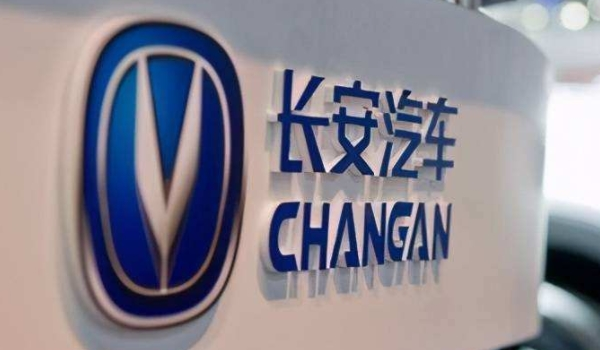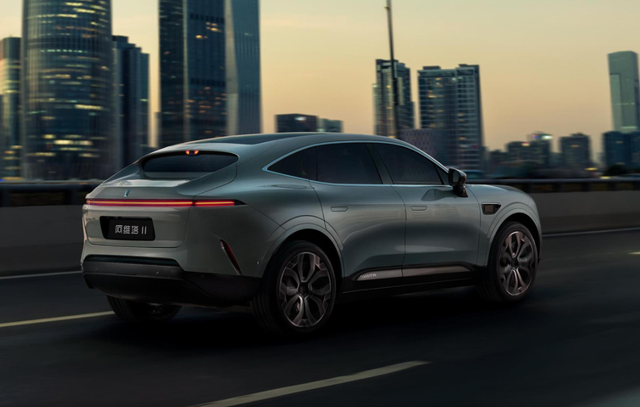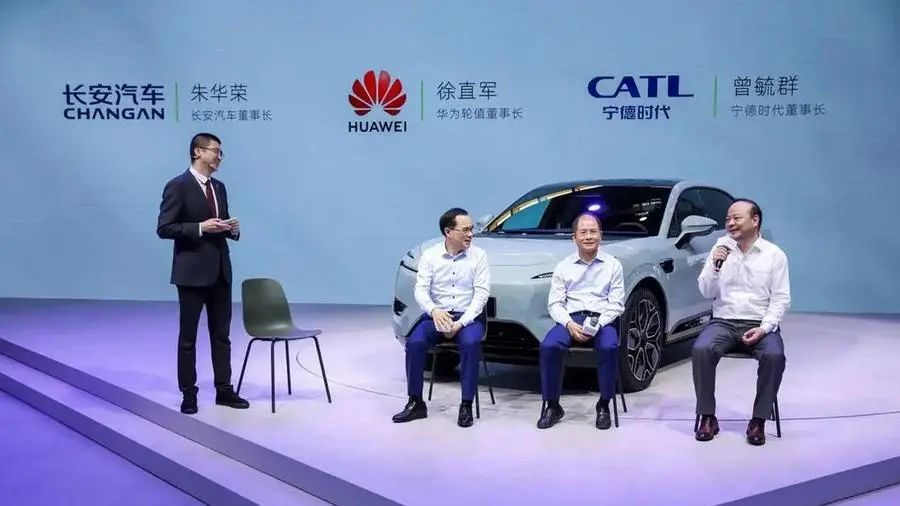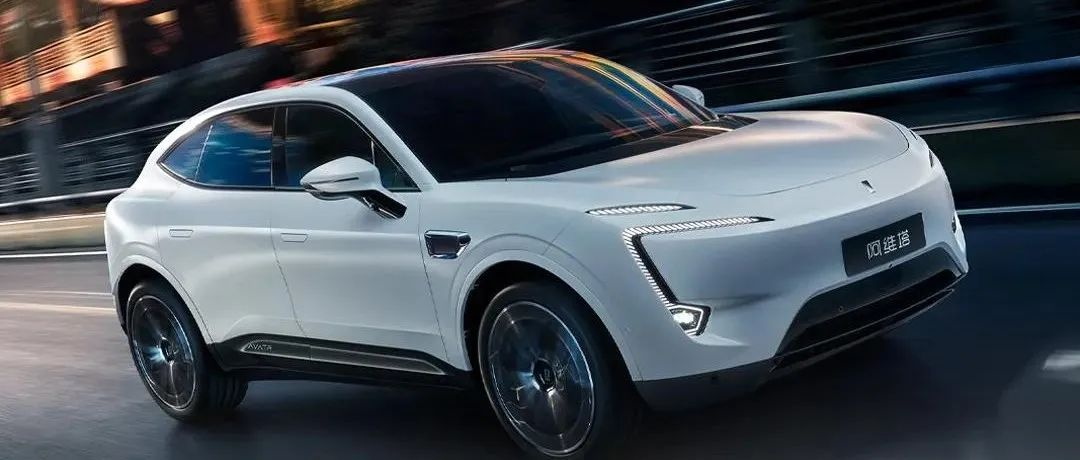New brands under Changan Auto debut at Chongqing Auto Show
By Li Ka-shing
Edited by Cold Zelin
Changan Auto has unveiled two new brands and their cars at the recent Chongqing Auto Show. One brand is Avita 11, the other is SL03 from Blu-Ray.
Starting as a maker of bread vans, Changan has become one of the top carmakers in China, joining BYD and Geely in the petroleum car era.

Before the emergence of Avita and Blu-Ray, Changan had no presence in the middle and high-end markets for intelligent electric vehicles. With the release of these new cars, Changan’s ambitions in the field has gradually come to the surface.
However, the two new brands have completely different meanings for Changan Auto.
Changan’s inside track
As new car makers appeared on the scene, most traditional Chinese car manufacturers have set up new sub-brands. These include SAIC’s Zhiqi Auto, GAC’s Aian Auto, and Geely’s Zeekr Auto. Avita is also born as Changan’s premium sub-brand.

Unlike Blu-Ray, Avita is a product jointly developed by Changan Auto, CATL, and Huawei. As Changan Chairman Ju Huarong said, “Changan Auto will empower Avita with the latest scientific research without reservation.”
However, it is obvious that Changan does not have complete control over Avita’s leadership. Changan’s approach is to exchange its part of the leadership for core technologies from CATL and Huawei, such as the former’s batteries and the latter’s intelligent solutions.

Why do this? The answer is simple. Changan is an old hand in the petroleum car market, but is a novice in the new energy market. Products obtained through deep integration with the supply chain can bring better reputation and competitiveness to Changan in the segment market.
On the other hand, compared to self-research, Changan’s investment and time will also be reduced in Avita. Moreover, production and R&D will be easier in the later stage.
However, Changan also faces the problem of losing part of its leadership. In the three companies, Changan Auto’s shareholding ratio is only 39.02%. While Zeekr and Zhiqi have also introduced external shareholders when they were created, Geely and SAIC obviously have more say in their own subsidiaries than Changan.As the “cake” of the new energy market continues to expand, it is difficult to avoid conflicting interests between Changan, CATL, and Huawei. Once the balance is broken, the former Changan NIO will become a warning.
At this time, a completely independent brand becomes particularly important, and Changan, as a traditional car company with certain strength, naturally wants to walk on one leg. Therefore, Deep Blue has become the “other leg” of Changan.
In 2022, four highly anticipated new cars with a price range of 200,000 yuan will be released, namely, the BYD Dolphin, Leapmotor C01, NIO ES5, and Deep Blue SL03. As the “top” product among the four models, Changan New Energy CEO Deng Chenghao has high expectations for it and said, “The target for Deep Blue SL03 is to start delivery in August and achieve 10,000 units in September.”
In the era of fuel vehicles, Changan developed the Blue Whale power platform. After entering the new energy field, Changan still maintains the habit of developing platforms before making cars. When the Shangri-La plan was launched in 2017, Changan had already started research and development on the EPA1 platform. Considering the failure of many traditional car companies’ “oil-to-electric” strategies, Changan’s hibernation is not unreasonable.
However, Deep Blue also has its own problems, that is, it does not have the aura of CATL and Huawei. Can it be the first among the latecomers? On the other hand, if its fellow alumnus Avita wants to explore the market, it will eventually become one of its potential competitors in the new energy market. However, at present, Avita tends to be “high-end”, while Deep Blue tends to be “mainstream”, and there is no direct competition between the two.
Chinese people like to “leave a way out” when doing things. As a domestic automaker, Changan is no exception. If Avita is the main force of Changan’s push into the high-end market, then for Changan, Deep Blue is more like a way out for itself.
In conclusion, as a newcomer in the field of pure electric mid-size cars, Deep Blue SL03’s brand power is obviously not comparable to that of “old hands” like Tesla and BYD. The pre-sale price of the new car is 179,800-231,800 yuan, which is more like learning from the characteristics of Leapmotor C01.
That is, to use the advantage of price to make up for the disadvantage of brand power.
Like many car companies, Deep Blue has also launched different driving modes.The interesting thing is that in addition to the pure electric mode, subsequent new cars will also introduce plug-in hybrid and the currently non-promoted hydrogen energy version. It seems that Changan’s habit of “keeping an ace up one’s sleeve” is not only reflected in brand building.
This article is a translation by ChatGPT of a Chinese report from 42HOW. If you have any questions about it, please email bd@42how.com.
